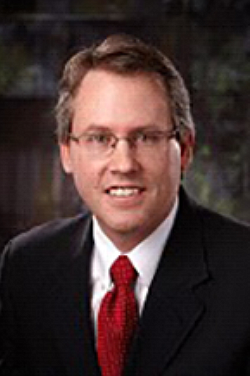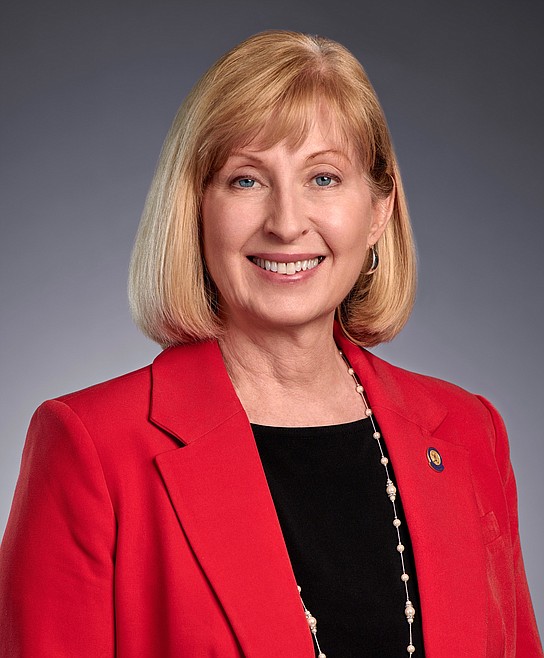Treasurer talks assessor’s recordings, new Kootenai Health CEO
COEUR d’ALENE — Kootenai County Treasurer Steve Matheson called again Wednesday for secret recordings created by embattled assessor Bèla Kovacs to be made public.
“I believe every recording he takes is a public record and subject to a public record request,” Matheson said. “I would prefer every record be released immediately.”
Matheson spoke to more than 30 people gathered at Seasons of Coeur d’Alene for the monthly meeting of North Idaho Republican Women. As the guest speaker, he fielded questions from the audience, including one about recent revelations that Kovacs has secretly recorded conversations with his colleagues, including elected officials.
Become a Subscriber!
You have read all of your free articles this month. Select a plan below to start your subscription today.
Already a subscriber? Login




